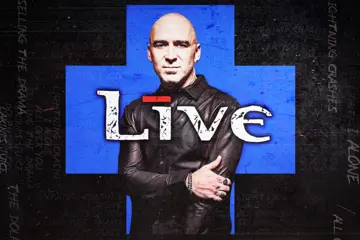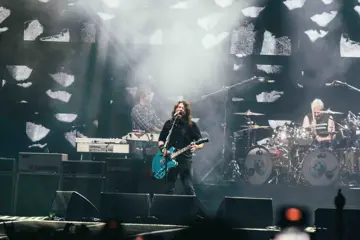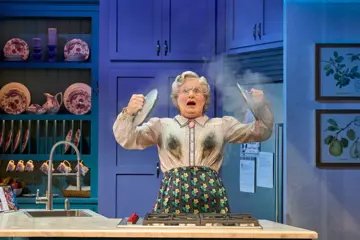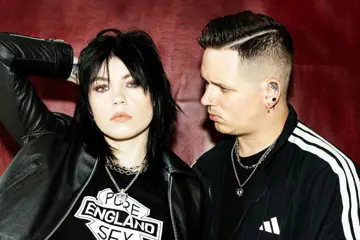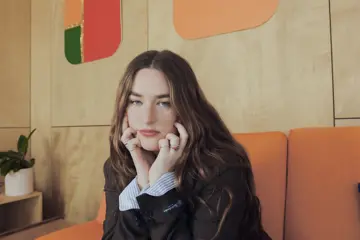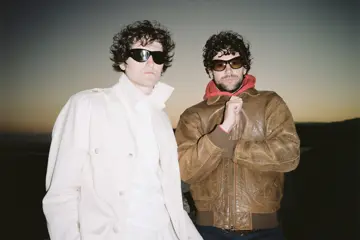It's a sunny, quiet afternoon in the Malthouse courtyard — ideal for a conversation about Platonic absolutes, love and working intuitively.
To be fair, this is nothing unusual in the highly conceptual world of contemporary dance, but when the other half of the duologue is Atlanta Eke there is always the sense that something unexpected might pop out. Since she came to wider attention with Monster Body, Eke has carved an idiosyncratic niche in solo performance, culminating with last year's Keir Choreographic Award winning Body Of Work.
"These women are super intelligent and quite analytical people and so watching them make their own decisions is really interesting."
If indeed she is a convention buster, she also confronts her own, this time stepping away from the solo realm to embrace the grander production aesthetics of a new full-length work, Miss Universal. "So yeah," she admits, "I'm learning how to work with others."
Together with dancers Annabelle Balharry, Chloe Chignell and Angela Goh, Eke has collaborated closely with visual artist Claire Lambe to create a shape-shifting blend of performance, exhibition and transformation. "These women are super intelligent and quite analytical people and so watching them make their own decisions is really interesting. My challenge is to give agency to them but also to author the work as well."
That authorship comes as part of Chunky Move's well established Next Move program, an initiative aimed at giving platform to the country's most dynamic 'young' dance makers. Doubtless, the commission has encouraged her to extend the already mind-bending scope of her vision. Yet for all that, her approach is avowedly intuitive. "It's not something that I'm overly wanting to control," she says. "You can never know what works for everyone in the audience but you can know about what works for you in relation to the question at hand."
Don't miss a beat with our FREE daily newsletter
So, despite Miss Universal taking reference points from texts like Donna Harraway's gender-challenging Cyborg Manifesto, the heart of the piece is less abstract and political and more visceral. "It's sorta outside the kinda labelling of the work as feminist or political. It's more of a choreographic interest than making a statement about something. It's more intuitive. There are ideas that we're trying to make operative but it's not explicitly about anything."
The key idea, it turns out, is love. As Atlanta Eke explains, "We've been playing with this idea of love being an actual energy in the universe that pulls everything together. So, I guess, interchanging it with gravity, but also with time, so that maybe we live in space and love."
In this construction, love is clearly more than the stuff of rom-coms and mating rituals; indeed it approaches the level of the 'universal' — the very form of something. Yet such absolutes come replete with baggage that individuals may not wish to lug around. For Eke, Miss Universal is certainly not a paean to the form of the good. "It's been less about aesthetics and more about loving dancing, although the image of that is not what will be consumed. Like, you can't watch me dance the love of dance and know that's what I'm doing."
As always, the challenge for creators and audiences alike is the translation of internals into recognisable externals. "Not that it has to be didactic or give meaning directly," Eke argues, "but rather that it doesn't seem random or absurd."

